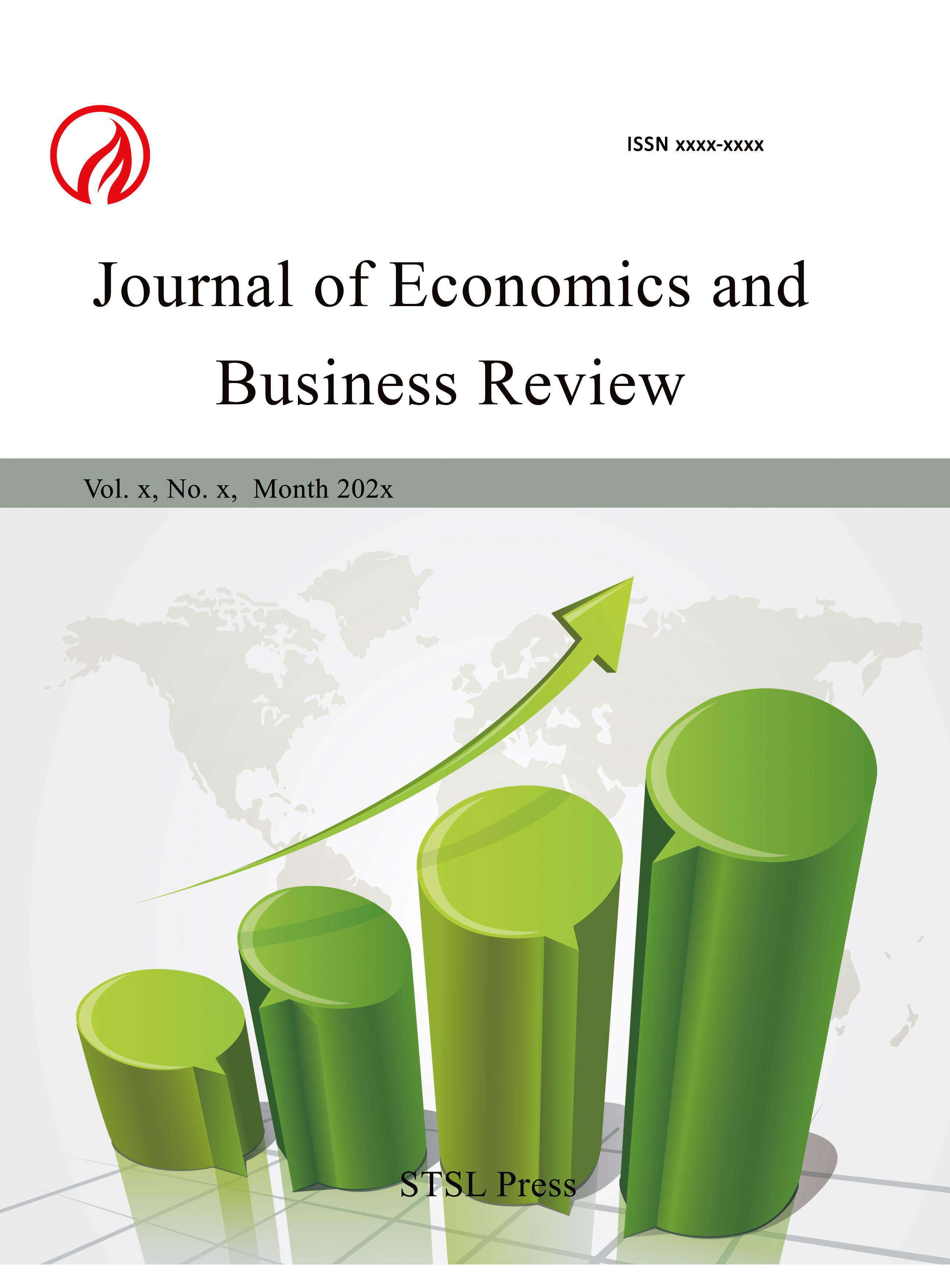Analysing the Moderating Impact of Corruption on the Relationship between Public Debt and Economic Growth. A Case of Ghana
Godwill Atta Boakye
Williams Abayaawien Atuilik
Abstract
This study investigates how Ghana's public debt affects economic growth, and how corruption affects this relationship. This study uses time-series data from 1998 to 2022 and analyzes their relationship using Autoregressive Moving Average (ARMA) and Nonlinear Least Squares (NLS) models. The debt-to-GDP ratio represents public debt, and the real GDP growth rate is used to gauge economic growth. The corruption perception index (CPI) was used to measure corruption. These results corroborate the Debt Overhang Hypothesis, showing a statistically significant and negative relationship between public debt and economic growth. This finding suggests that rising governmental debt impairs economic performance by lowering productivity and private investment. Economic growth is negatively affected by corruption, although this effect is not statistically significant, indicating its complicated nature. Although they may hinder economic efficiency, institutional flaws do not immediately affect economic growth. Furthermore, there is no discernible moderating influence of corruption on the association between public debt and growth, suggesting that corruption does not exacerbate the negative consequences of debt on economic growth. These findings have several important policy implications. Policymakers should prioritise lowering their national debt to maintain economic stability. Even if corruption does not directly worsen the debt-growth relationship, improving institutional governance and transparency is still essential to fostering long-term economic growth. By providing an in-depth understanding of the dynamics of debt, corruption, and growth in the Ghanaian context, this study contributes to a larger discussion on these topics.
Paper:
pdf
DOI:
https://doi.org/10.71002/jebr.v2n1p1
 This work is licensed under a
Creative Commons Attribution 4.0 License.
This work is licensed under a
Creative Commons Attribution 4.0 License.
Contact us
- Helen Rane
- jebr@stslpress.org
